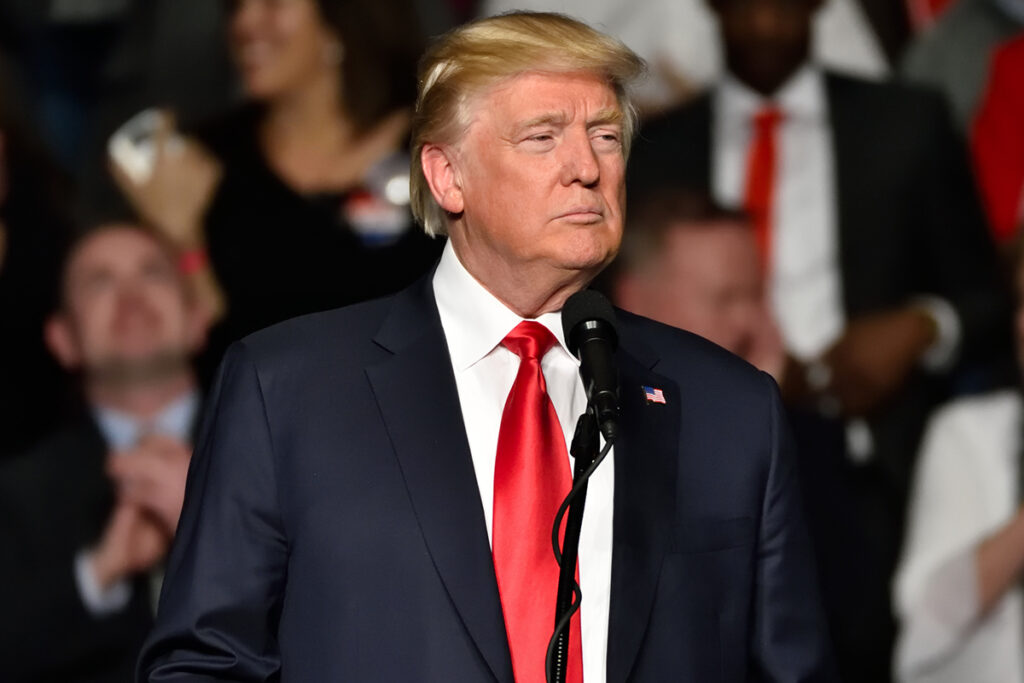In the midst of an increasingly polarized political landscape, former President Donald Trump’s extreme rhetoric and behavior are raising significant concerns among both his Republican opponents and the broader US electorate. Trump’s recent actions, including his alarming comments on immigration and his alignment with Russian President Vladimir Putin, have prompted questions about the potential consequences for the country’s democratic values and political traditions.
At a rally in New Hampshire, Trump warned that immigrants are “poisoning the blood” of the United States and echoed Putin’s attempts to discredit American democracy. These remarks, which are contrary to America’s founding principles, highlight Trump’s willingness to push boundaries and fuel hostility and fear against immigrants. This divisive rhetoric is intensifying political polarization and putting racial, ethnic, and religious minority groups at risk.
Trump’s history of using inflammatory immigration rhetoric as a key element of his political appeal is well-documented. He famously launched his political career by promoting conspiracy theories about President Barack Obama’s birthplace and has consistently targeted minority groups in his speeches. His recent comments continue to underscore his willingness to challenge democratic norms.
However, Trump’s extreme behavior also appears to be part of a deliberate strategy to draw his critics into a trap. By breaking norms of political speech and creating outrage, he energizes his most fervent supporters while disorienting his opponents. This strategy allows him to portray the “left” as conspiring against him, thereby strengthening his position among his base.
While some have expressed concerns that Trump’s extremism could lead to the erosion of democracy, it’s important to note that there is no sign yet that he could cancel a future general election, despite his rhetoric. Nonetheless, his increasingly anti-democratic speech and behavior are driving him further towards the right-wing fringe of US politics.
Rather than comparing Trump to historical figures from the 1930s, some experts suggest that a more relevant template might be contemporary autocrats like Hungarian Prime Minister Viktor Orban. Orban, whom Trump admires, represents a growing ideological connection among leaders who espouse White nationalism, authoritarian rule, and orthodox Christianity. These leaders seek to weaken democratic institutions, such as the press and the courts, to enhance their own power.
Trump’s extremism also exposes the failure of the Republican Party to stand up to its leader, who frequently aligns himself with US adversaries like Putin. Despite the party’s history of proudly opposing the Kremlin during the Cold War, it has been reluctant to challenge Trump’s rhetoric and actions.
Trump’s supporters have various reasons for backing him, including disillusionment with the political and economic system, as well as a preference for his “America First” approach. However, his attempt to overturn the 2020 election and his increasingly divisive rhetoric have raised concerns about how he might behave in a potential second term.
Trump’s extreme rhetoric and behavior are causing alarm within the political landscape. As the nation grapples with deepening polarization and the threat to democratic values, the question remains: What does it say about America’s political culture that millions of voters appear ready to embrace Trump’s extremism in this critical moment in history?


